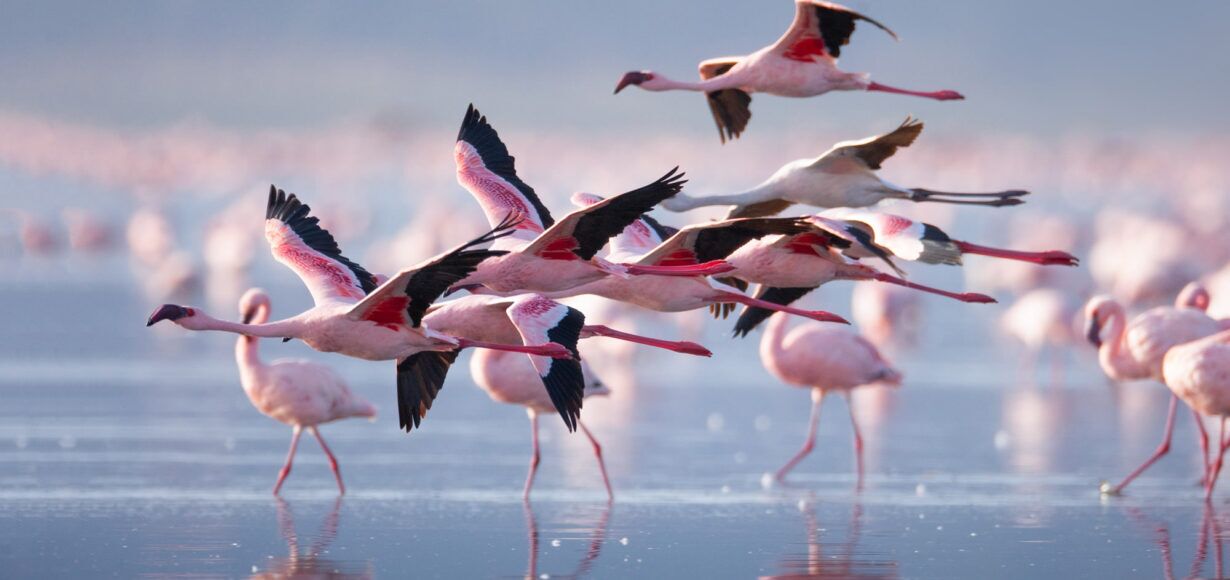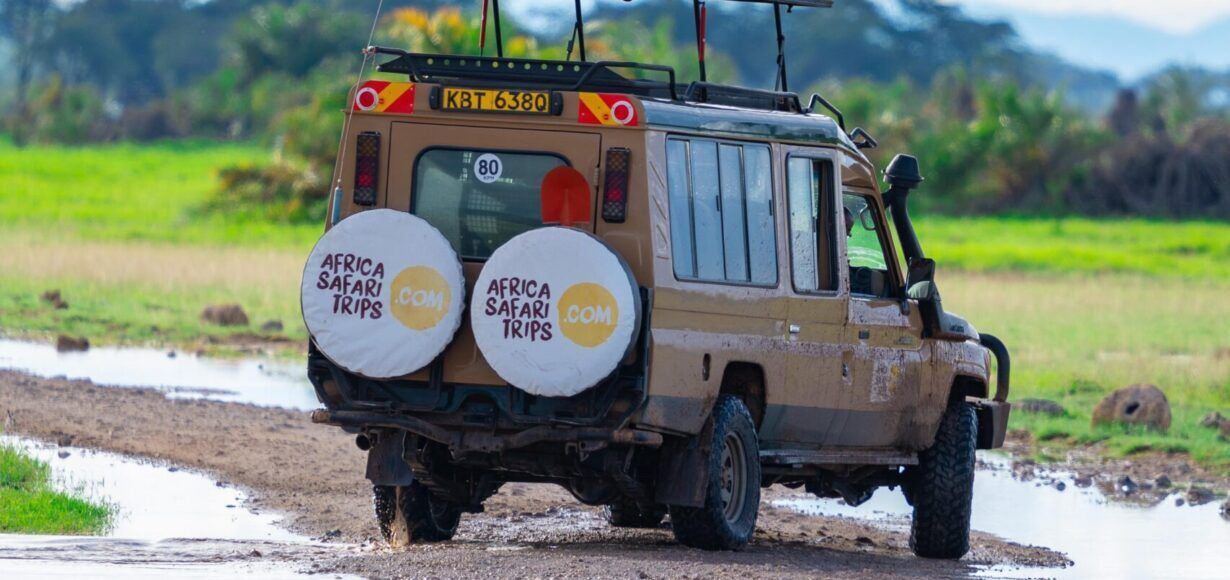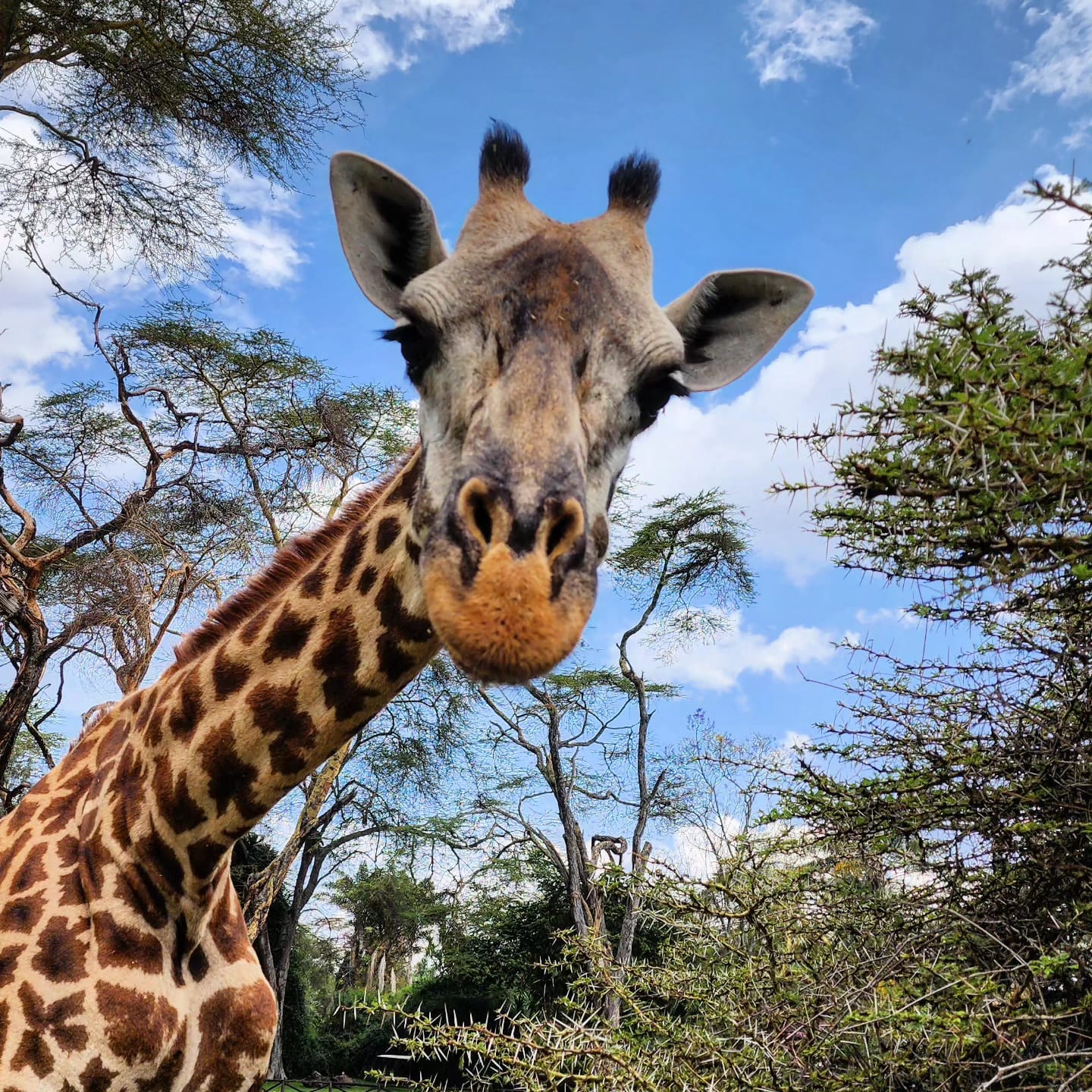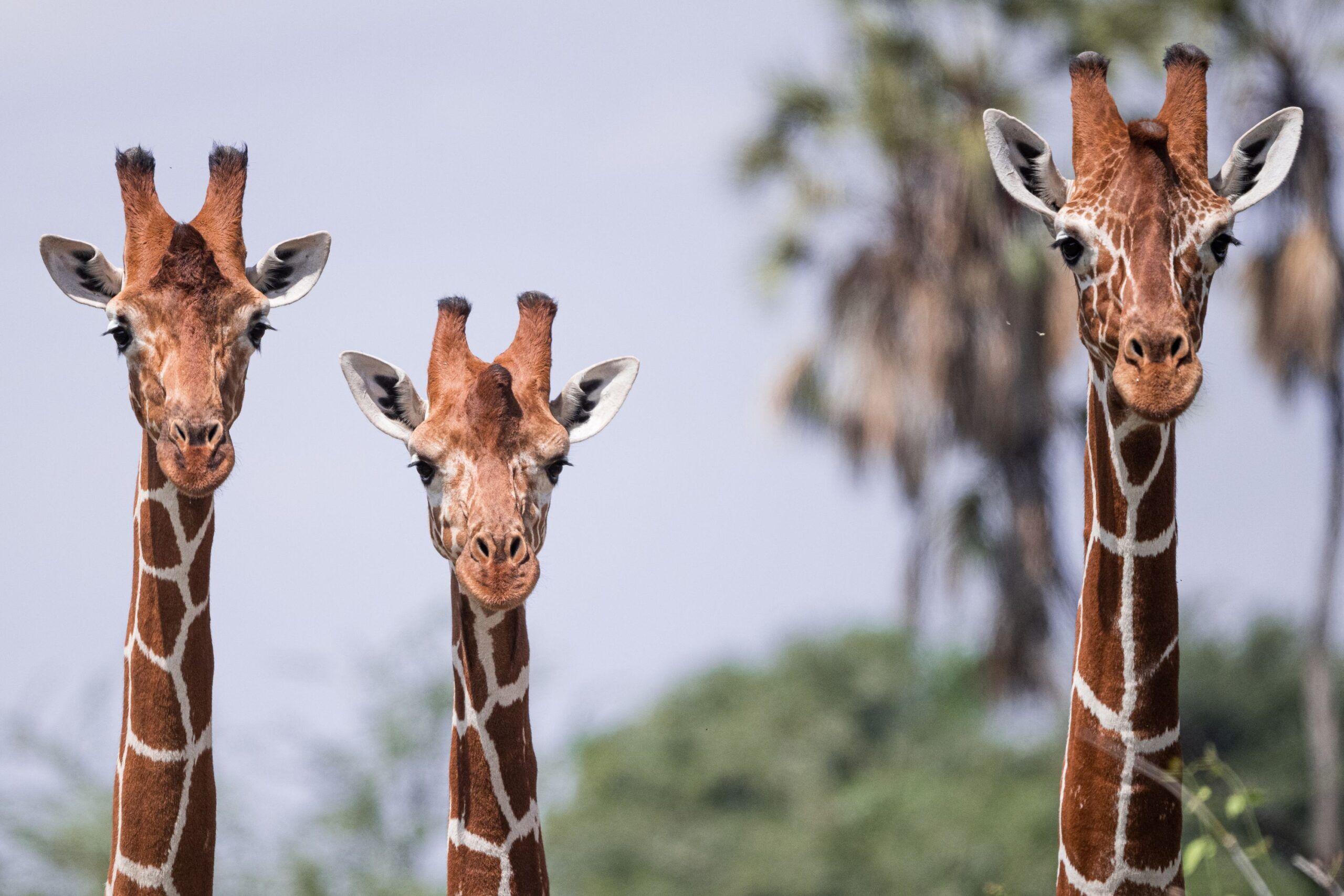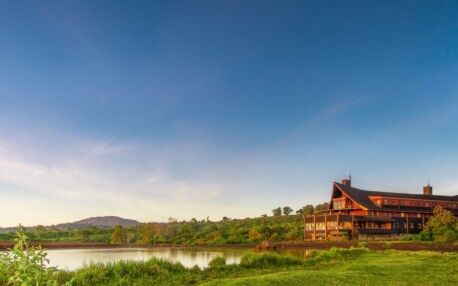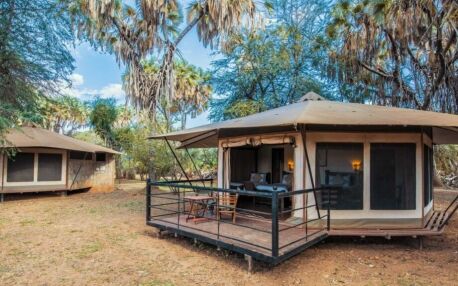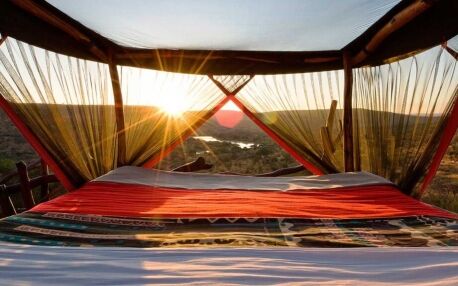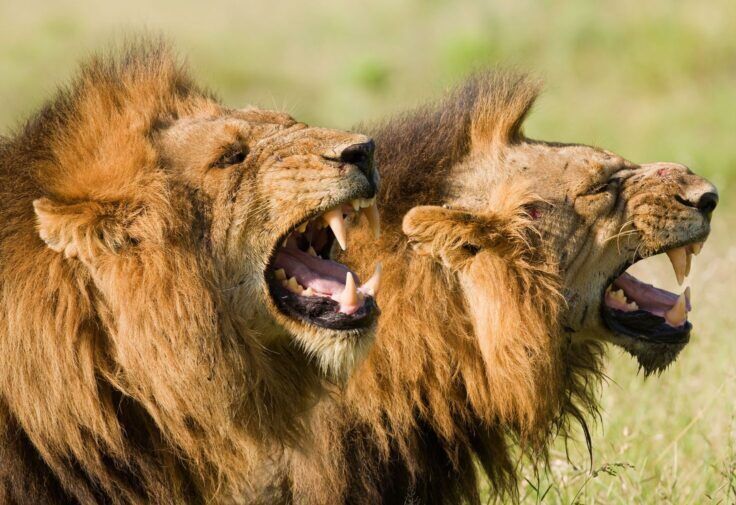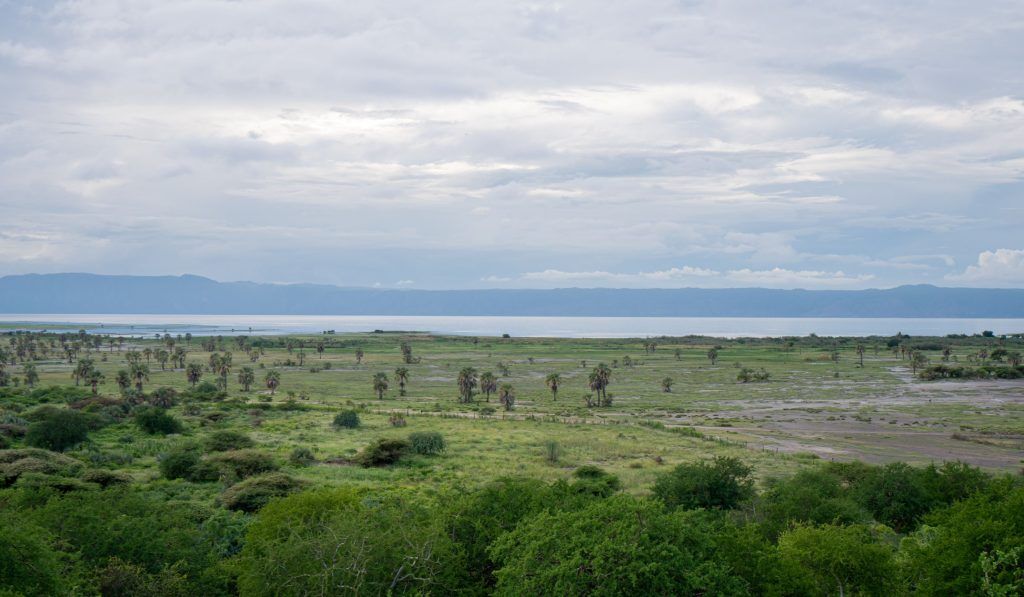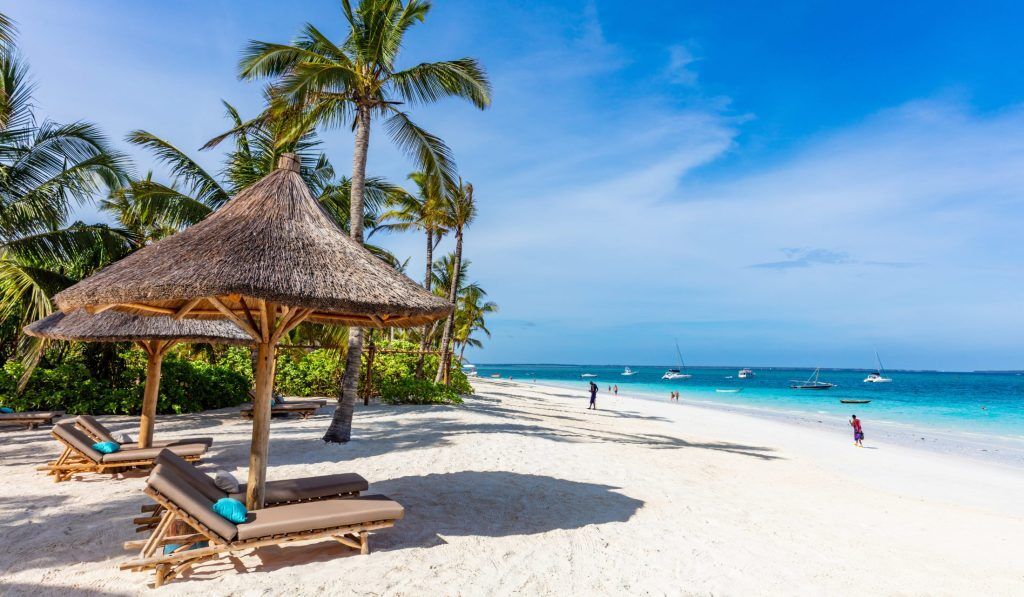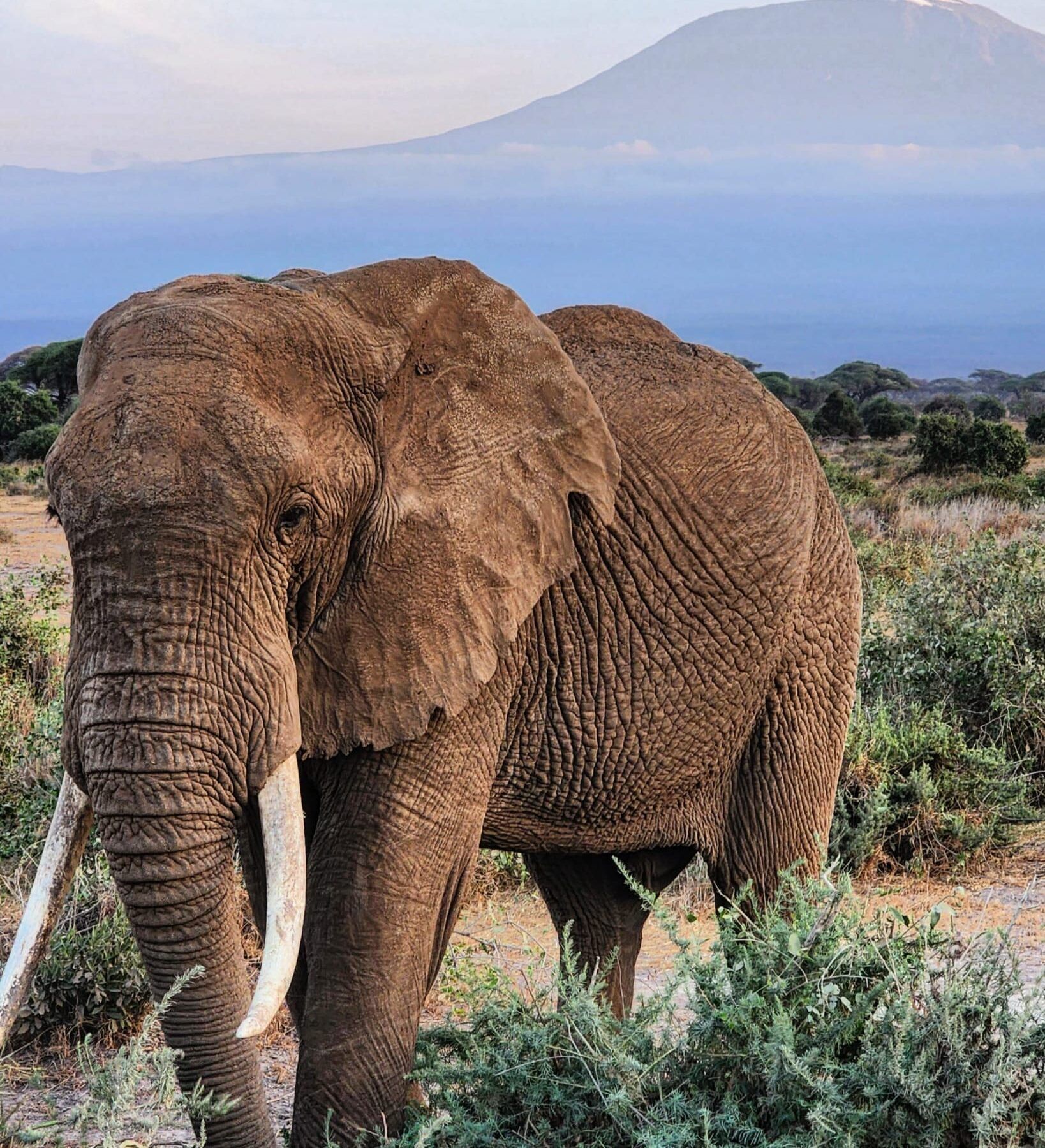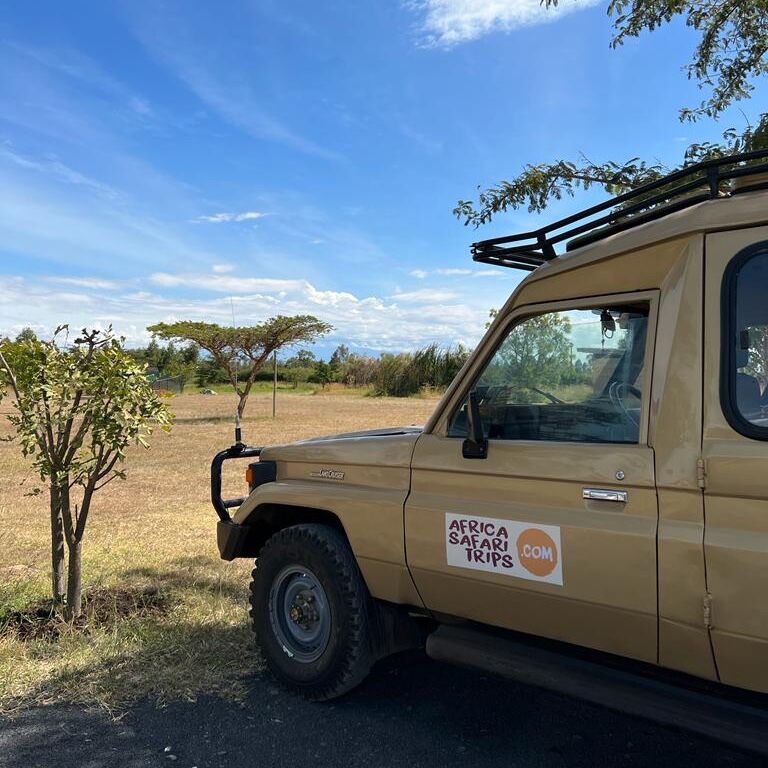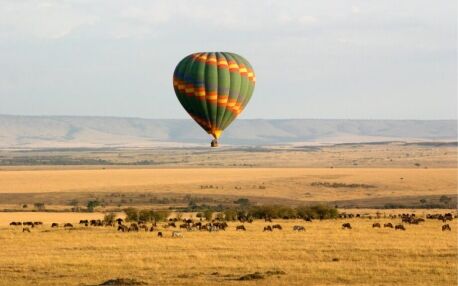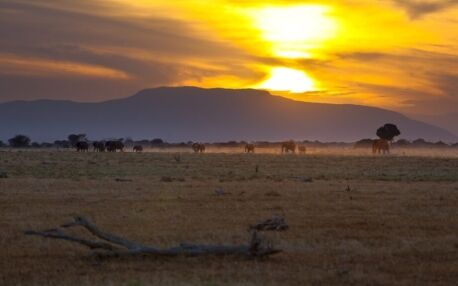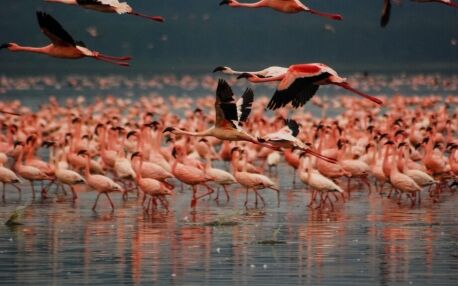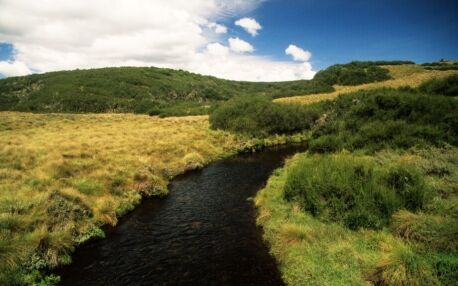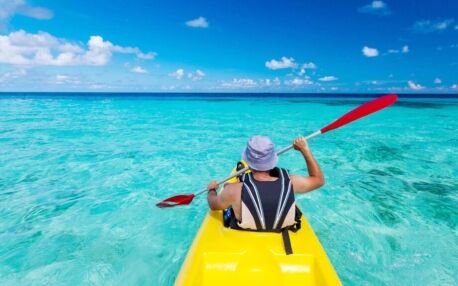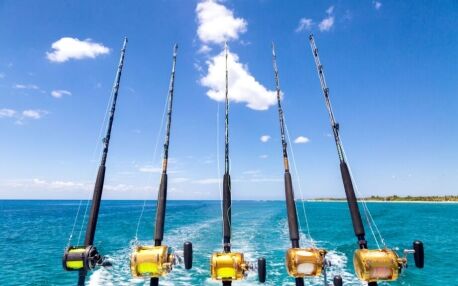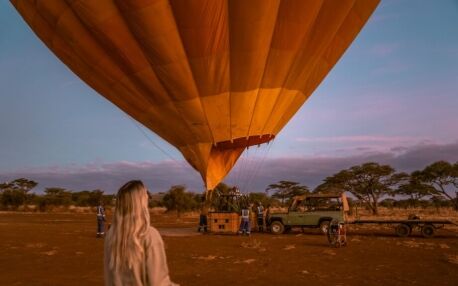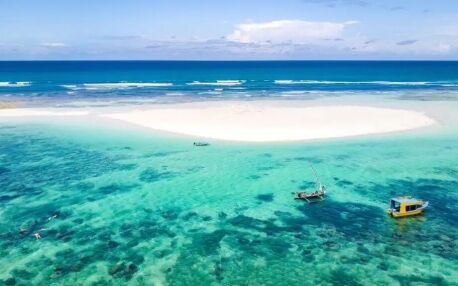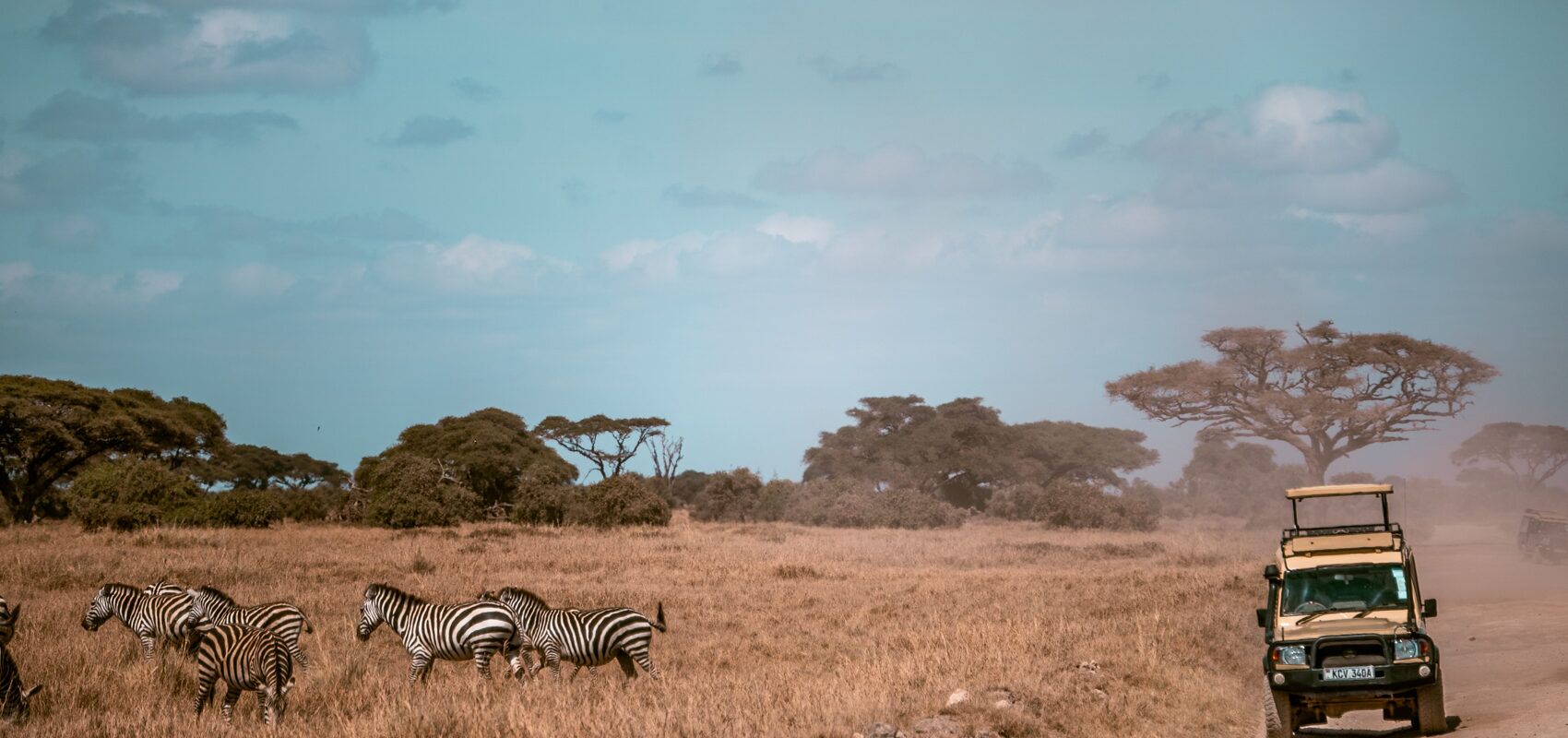
Kenya safari
Fascinating animals, pulsating cities, enchanting beaches, breathtaking landscapes: Kenya is full of stunning wonders which want to be discovered. It’s this beauty that has made the country the star of countless movies and novels. Get ready to discover Kenya and create Oscar-worthy memories for a lifetime!
Popular Itineraries
Get inspired by these popular itineraries, pick your favourite national parks and let us know your wishes – these routes are not set in stone and we’re happy to make them perfect for you!
- Kenya From $1877 USD*
10 days safari
Safari in the south & to the coast
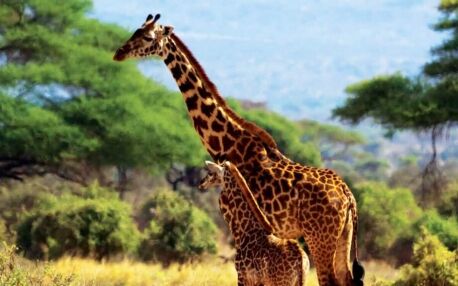
- Kenya From $3406 USD*
14 Days Safari
Grand Slam of Game Drives
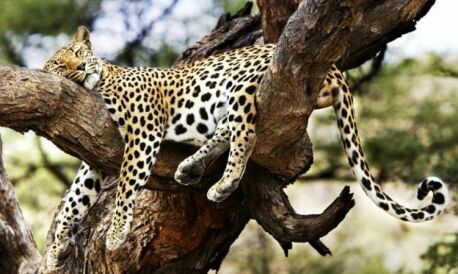
- Kenya From $3938 USD*
18 days safari & beach
The perfect trip does exist
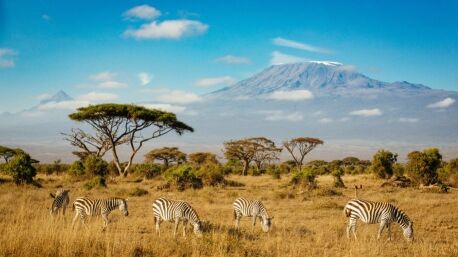
- Kenya From $1893 USD*
8 days safari
Big Five Special
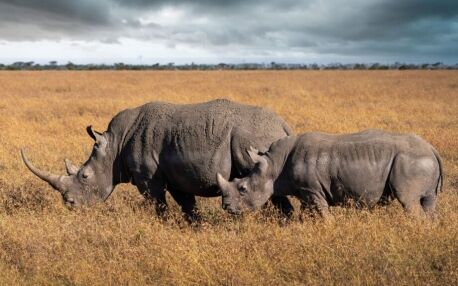
- Kenya From $1853 USD*
10 days safari and beach
Four national parks around Mombasa
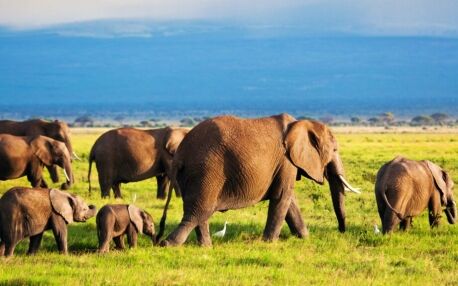
- Kenya From $3434 USD*
16 days trip
10 days of game drives & the beach
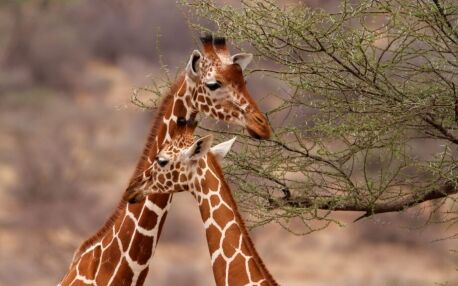
- Kenya From $953 USD*
5 days safari
A beautiful road trip
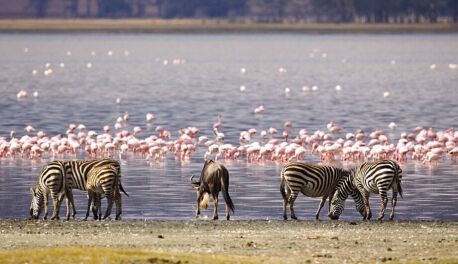
- Kenya From $647 USD*
4 Days Safari
Elephant Watching
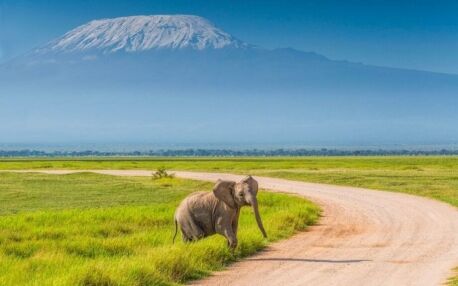
KENYA: BIRTHPLACE OF SAFARI
With the famous Big Five and the spectacular Great Migration in the Masai Mara Game Reserve, Kenya has always been one of the world’s most famous and popular safari destinations. The romantic notion of spotting wildlife on an outstretched savannah has attracted millions of travellers ever since colonial times. Like Karen Blixen: she captured the breathtaking landscapes and adventures in nature reserves full of wild animals in her book “Out of Africa” in 1937 – a fascinating read… or watch if you prefer the movie.
Countless experiences
Next to safaris in a car, on foot or by boat, bike or horse, you can enjoy many different activities in Kenya. How about feeling the hustle and bustle of Mombasa and Nairobi? Or relaxing on the white, tropical beaches of Diani Beach or Chale Island? Or maybe you want to feel the ultimate adrenaline rush while diving with whale sharks in the Indian Ocean? Kenya has all the ingredients for a holiday that makes your heart skip a beat… or two… or three!
What your safari day could look like
You wake up (early) to the sounds of the savannah. After a yummy breakfast, it’s time to jump into your safari jeep and head out with your personal guide and driver. A cup of coffee is enough to get you going and you want to enjoy breakfast after your first adventure of the day? Sure, no problem! You can also do it the other way round 😉 Just after sunrise the animals are most active, though – so look forward to seeing many of your all-time-favourites IRL. After lunch you can either go back to your lodge to relax or keep exploring with a picnic along the way. You end this adventure with a typical sundowner while watching the romantic sunset. After dinner, simply kick back, reminisce about the day and get some sleep – because the next morning it’s time for the sequel.
Our best lodges and hotels
From comfortable tents with animals close by to luxurious lodges at the white beach: find your dream homes for your holiday and we’ll incorporate them in your route. Hint: mixing and matching allowed 😉
THIS IS KENYA
Kenya is a paradise for nature lovers, culture enthusiasts and wildlife passionistas. Safaris at the foot of Mount Kilimanjaro, visiting a Maasai village, exploring Mombasa and Nairobi and relaxing at snow-white beaches at the Indian Ocean – Kenya leaves no wish unfulfilled.
Quick facts about Kenya
- Population: 54 million
- Languages: English, Swahili and some tribal languages
- Capital: Nairobi
- Currency: Kenyan Shilling (KSH)
- National Parks: 24
EXPERIENCE KENYA
Why a safari with Africa Safari Trips?
After reading all this (well done btw), you might say, “Well that’s all great, but why should we travel with you guys?” That’s why!
🦁 We’re 100% specialised in Kenya.
🐘 We turn your wishes into your dream holiday, private safari jeep included.
🐃 Our safari guides are world-class.
🐆 The best experience meets the best price.
🦏 We’ve already fulfilled thousands of dreams – now we want to fulfil yours.
We would understand, though, if you still have some more questions. Have a look at our FAQ and if you cannot find the answers, feel free to get in touch.
National parks
With 24 national parks, 15 national reserves and quite a number of marine parks and conservation areas, Kenya is a country that puts wildlife conservation on top of its list.
Activities and Excursions
From romantic to relaxed, from adventurous to adrenaline-fuelled: discover the various activities Kenya has in store for you and pick your favourites.
As seen in




Let us create your tailor-made trip
Receive a free, no obligation quote
Start planning your dream trip